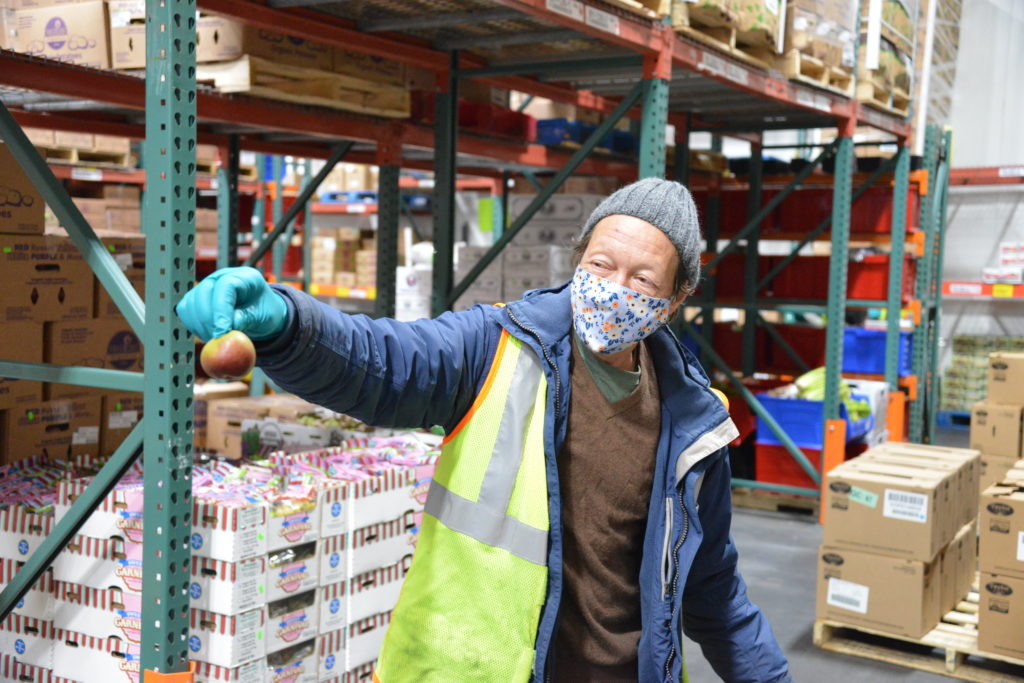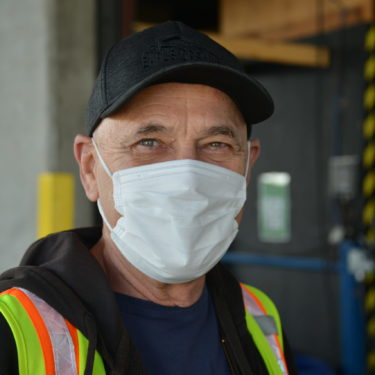On an early and foggy San Francisco morning, Maya and I pulled into the Wholesale Produce Market. As the sun was just beginning to rise, we caught the end of distribution activity – forklifts, truck beeps and the shuttling of organic goods. Earl met us with warmth and eagerness to show us his facilities. In the warehouse, there were several different temperature cold-rooms. As our hands grew colder, Earl picked up various organic products, explaining to us the ins and outs of packaging, product freshness, and quality control. Earl makes an effort to foster relationships with the farmers he sources from; at one point picking up a perfect box of Frog Hollow Farms bartlett pears and singing Farmer Al’s praise. Eventually, we were shown the banana storage room that modulated ethylene and temperature levels to perfectly ripen the tropical fruit. While bananas usually come at a high environmental cost, the fruit sourced year-round from Coliman is fair-trade, and grown using regenerative organic practices.
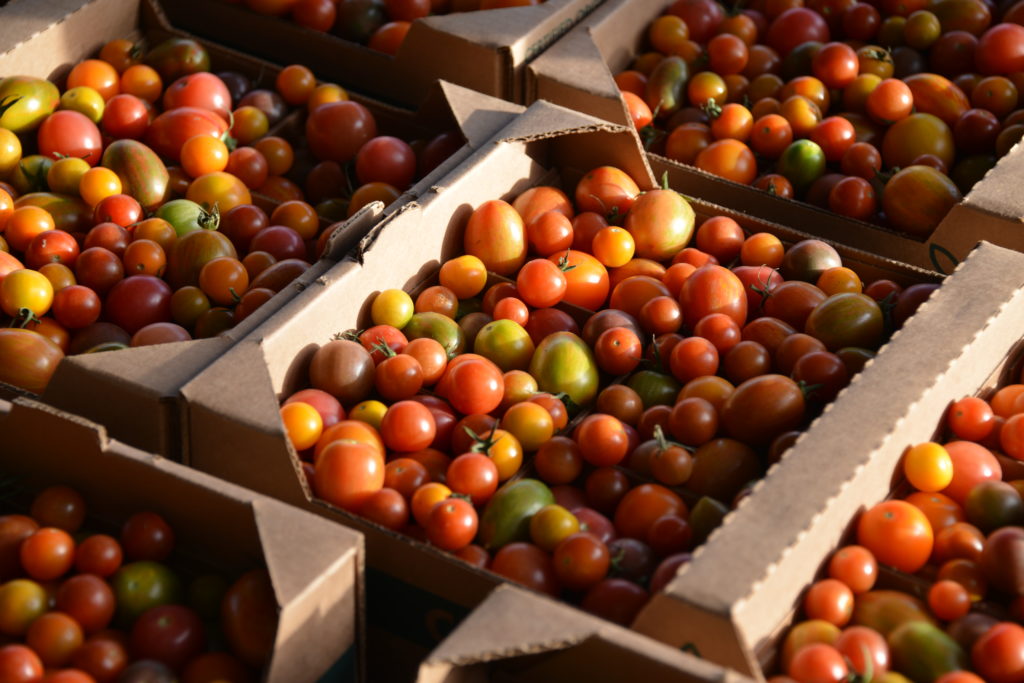
When Earl Herrick began his career in 1975, he distributed on the corner of Fulton and 10th in San Francisco. Today, he leads a team of 130 employees, 12 trucks, and a 24/7 style business. Despite the growth of his business, Earl retains an impressive attention to quality, detail, and most of all a richness of partnership and collaboration in the organic community. While everyone onsite was masked and socially distant, there was still a clear camaraderie among the employees. Earl greeted every single person by name that morning, often followed by an explanation of their history at Earls Organics and praise for contributions.
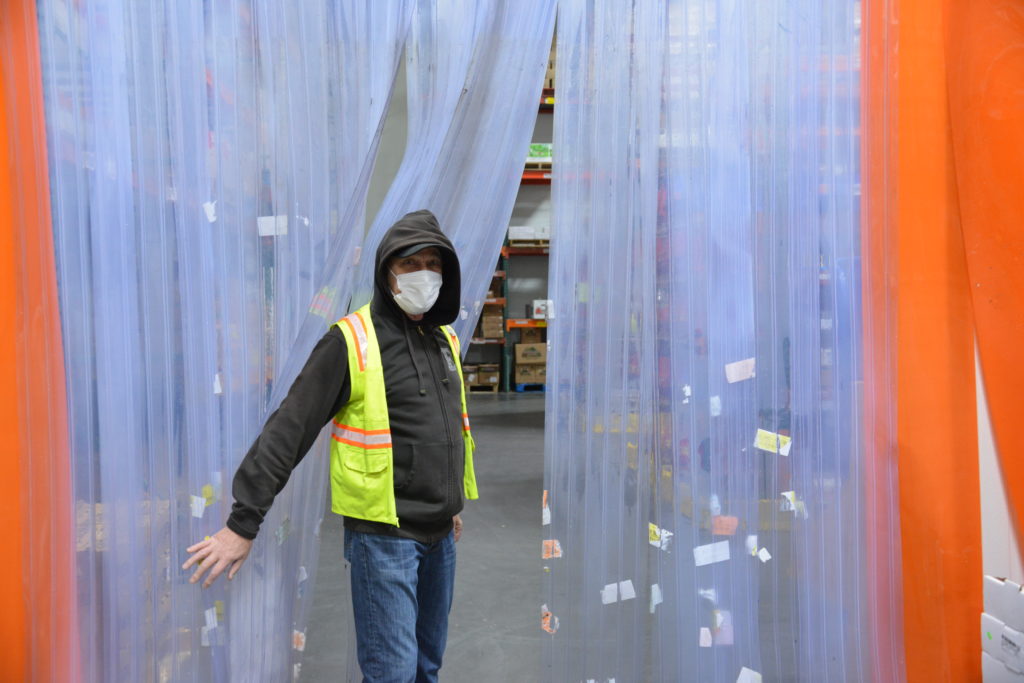
When faced with the multiplication of demand due to panic buying in March, Earl already had established a foundation for success in unprecedented times. The strong integrity he fostered among his employees gave Earl’s Organics the ability to pivot and match the surplus orders without putting people at risk. The strong relationships Earl has fostered with his customers and producers ensured that there was honest communication about what orders could be fulfilled in a newly hectic food landscape. This strong sense of ethics is what initially drew Earl to the organic community: “It was important to me, getting to know the people that grew it… how aligned they seemed to be with me, in purpose, in character, and passion. That alignment, that field of attraction: you’re with a group of people who share that passion and what a great resource that becomes!” From the beginning, Earl not only saw the flaw in eating produce with applications of poison, but also an alignment of values in the organic food community. He found a tribe among the passionate, driven and integrity-driven peers.
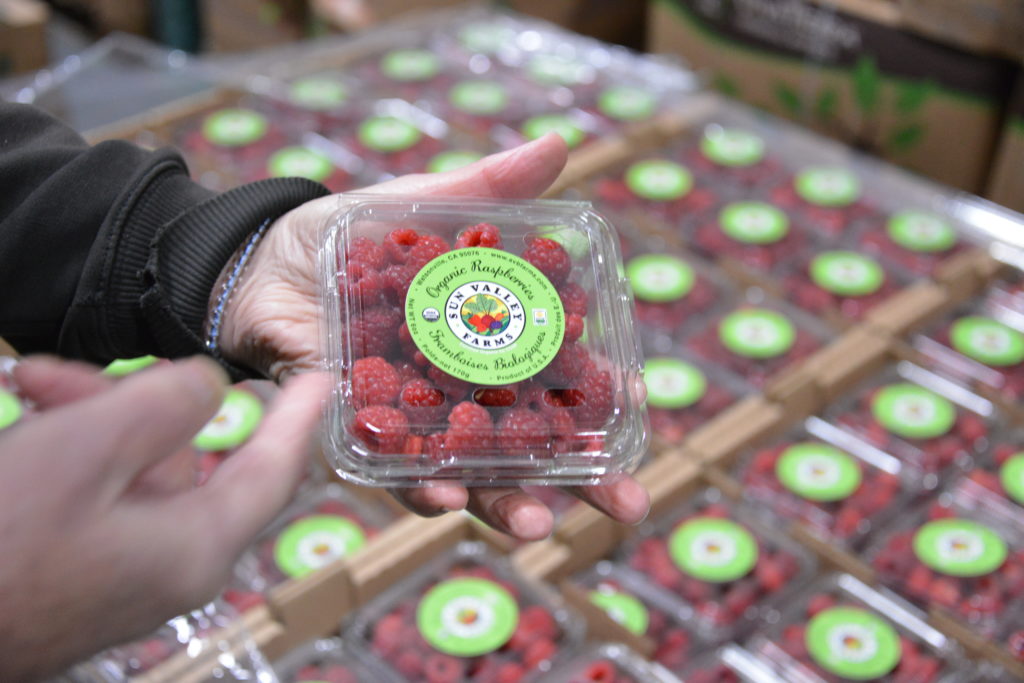
When asked about his legacy and hopes for the future, Earl replied that he tries to stay in the moment – that is where you can be most effective in making change. However, as a company, they came together with a common goal: “There’s a portion of us that is big on intention. The intention for the year was to expand our capacity for joy. To have that be an intention for a group of people who work together is pretty cool, and we saw it manifest.”
